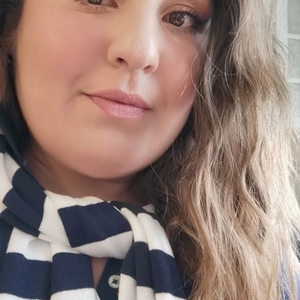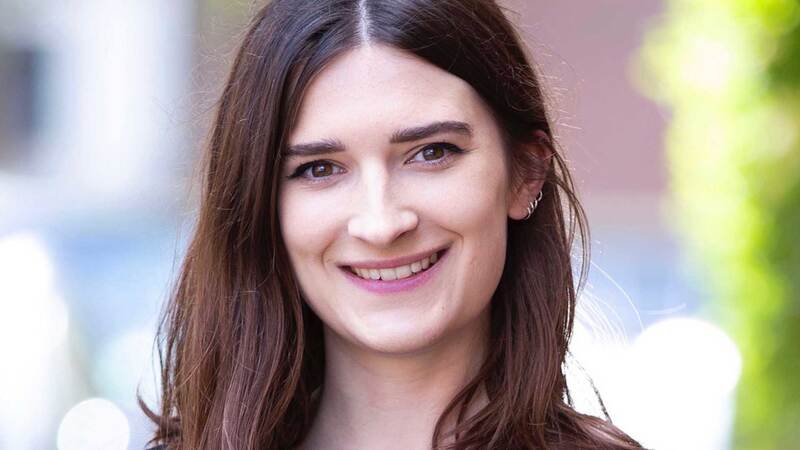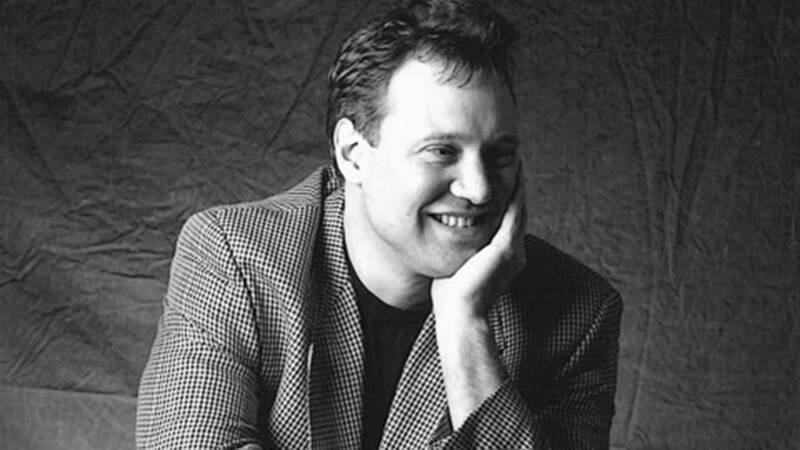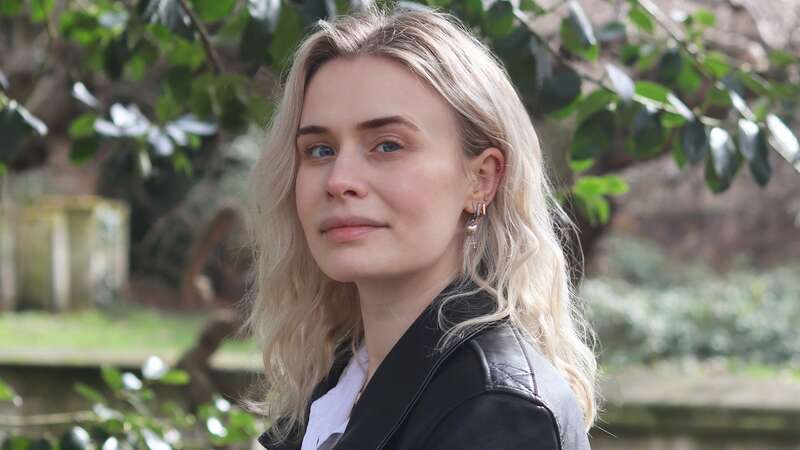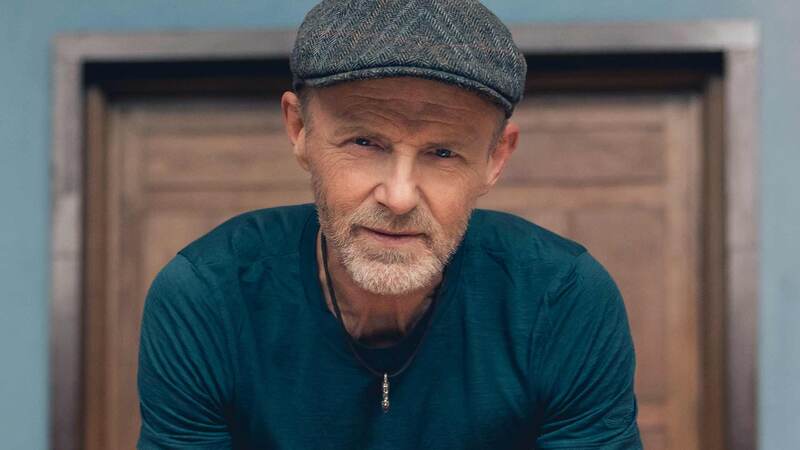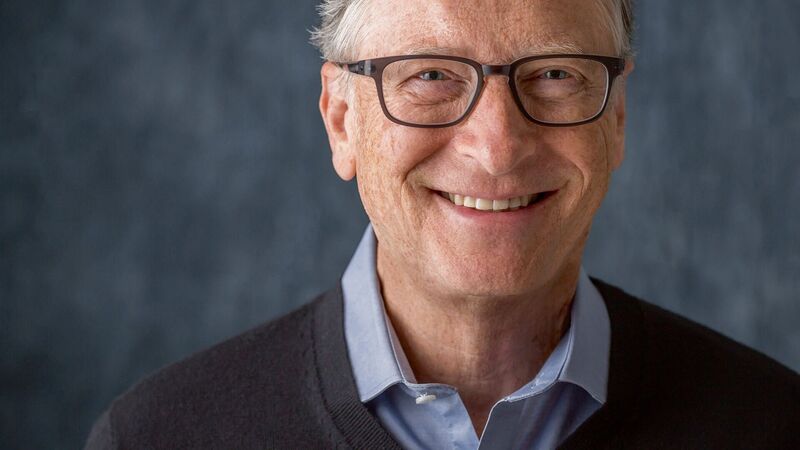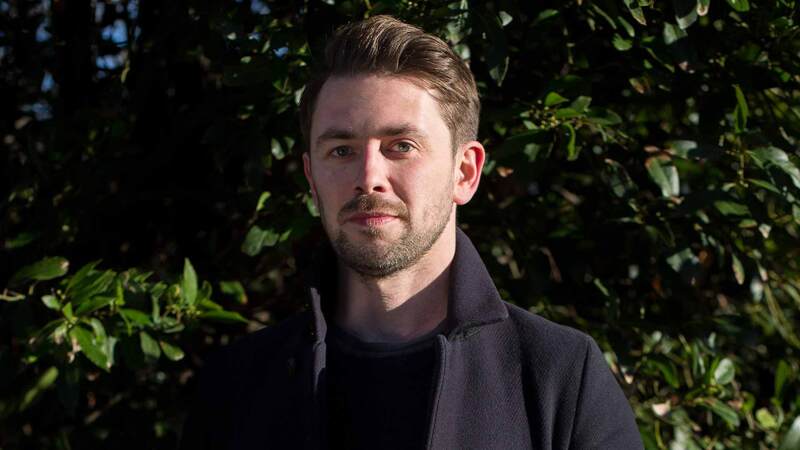You are viewing your 1 free article this month. Login to read more articles.
Ambitions and anxieties: my journey as a disabled intern in publishing
From specialist recruiters to support networks, I’ve found my path into publishing both challenging and encouraging.
In my short time in publishing working just two months as book intern at YMU Books, I’ve had a plethora of experiences, mostly good. After graduating from Cass Business School with a Management masters, I spent 10 years in the financial industry struggling in contracting due to the market dynamics and the lack of suitability of the – abolished – two-ticks scheme. In 2017 I finally secured my first permanent role and though it was an extremely toxic space I feared leaving, as who else would accept me with my disability?
When the pandemic hit, alongside eliminating my intense anxiety standing on the platform, four rows of people pushing me, only to be face-to-armpit in a sardine packed train during peak hour, I also had the joy of experiencing working from home and detaching from my toxic colleagues. In hindsight Covid gave me courage to hit reset, I did the Ikigai Test, and zeroed in on my purpose: to be in entertainment or arts. My lifelong "art" has been storytelling, hence choosing the magical world of books. I wrote my core values to decide on which publishers’ values aligned – especially when reading Glassdoor reviews!
Requiring experience for my newfound purpose, I spent two years proactively securing several volunteering roles in communications within the charitable and arts industries, until I secured my paid role as book intern. Broadening my horizons into communications provided me with the content writing and copy-editing skills needed to "prove" myself despite my disability. Having contributed several articles primarily on the topic of disability and inclusion in the workplace to the Everyday Magazine, a writer-focused safe space with a readership of 10,000, I gained especially useful experience toward my publishing endeavours as a disabled candidate.
As a disabled person, applying via jobsites for paid work was daunting, purely because I could not weed out the tokenistic organisations. Anybody can say they are inclusive but not everybody will action it. I found Radical Recruit, with driving-force founder Emma Freivogel, out of sheer determination to unearth the "truly inclusive" companies.
Radical had the "difficult" conversations for me, while I focused only on smashing my interview with YMU Books. For example, companies should publicly state the salary – negotiable means nothing to under-privileged candidates – their flexible working policies, openness to entry level and training opportunities as the benchmark. However, Emma uses her no-nonsense approach to have these discussions, talking about my disability needs and clarifying that "my recruitment company focuses on providing opportunities to marginalised people; if you are not serious about offering a cracking chance, I’m not messing around". She is a straight talker, so I know what to expect.
By honing my interview skills with major company volunteers from Sage, Warner Media and YMU to name a few, I secured the role with YMU. Caroline Dove, my coach from Even Break, helped navigate my limiting beliefs, while Scope representatives also supported me, and the National Careers Service offered me a personal representative for one year from Prospects.co.uk with access to disability inclusive roles. Should I need to look for another role in the future, I know I can rely on my "tribe".
BookCareers.com did a careers workshop at London Book Fair 2022 (LFB) this week, though I am wary of non-disability focused recruiters. Lifelong experience has proven that jobsites offer jobs which either aren’t clear about their flexibility policies, or – despite promising "inclusion according to disability rights law (2010)" – tend to dismiss disabled candidates as "less qualified".
These three months have been a rollercoaster of astounding joy for me within publishing. My m.d., Amanda Harris from YMU, approached Radical Recruit, keen on opening the industry to disabled people. As my mentor with experience in publishing and agenting she has exposed me to the life cycle of a book by teaching me about book contracts, editorial work, writing book reports on our client roster and writing a sample book proposal. What’s more, my team is accepting and supportive of my disability, thus giving me a newfound confidence to pursue my publishing ambitions.
Allow me to be brave about my requirements and aspirations. The business isn’t doing me a favour, I have value with my skills and strong personality traits because of my disability – not despite it!
On Twitter, the core platform for publishers, I have easily connected with people in publishing, while I have also found fairs fruitful when managing to mingle with publishing people and racking up useful industry contacts. Social media and fairs have been my go-to for networking, though Cat Mitchell, lecturer at Derby University, also recommends disability networks – being proactive is crucial for disabled candidates to progress.
This week I attended LBF primarily to meet Cat Mitchell – connecting first on LinkedIn – at the "diversity panel" because my goal is to inspire disabled people into publishing. I learnt about barriers into the industry, like the lack of allies where disabled people are having to educate them rather than being seen as equals, or how the office environment is problematic with anxiety inducing loud open spaces, and that most disabled people find the commute physically exhausting and financially debilitating on their low incomes.
Furthermore, the panel agreed that disability as opposed to the LGBTQ+ and BAME topics is the least progressing. There is an unease of outing yourself as disabled for fear of being treated differently and Cat presented a convincing case of how unionisation can support disabled people with legal matters around experiencing discrimination. As Nick Coveney from Kobo put it, "there is a perpetuation that you must be bleeding ink" in the industry because you love it so much you are overworked, which is not a flexible working environment for disabled people to thrive in.
The most important solutions Cat mentioned were that hybrid and flexible working patterns must become the norm, and that publishers need to talk to each other more across industry networks to share best practice. Also, even though the publishing business needs to make money, communities need to be represented too. The mixed messaging about it needs to end, and job adverts must provide specific information like salaries and flexible working to help disabled people make informed decisions on whether they can afford to or can physically take on the job advertised.
Cat celebrated the progress of disability inclusion in publishing: “I’m so pleased to see that the publishing industry is starting to have more conversations around disability – the incredible work of Penny Batchelor on the #KeepFestivalsHybrid campaign, and Julie Farrell and Ever Dundas’ Inklusion project to produce an accessibility guide for event organisers, are driving real change. Getting to discuss disability on the main stage of the London Book Fair – including my work on the Access Denied report – was an incredible opportunity. I hope there are chances for more disability-focused industry events in future – it is left out of conversations about diversity and inclusion far too often."
My own suggestions to publishers for driving disability inclusion are to:
1. Be proactive
Like Amanda Harris, I urge publishers to approach agencies that support disabled people into work like Radical Recruit, Scope or Even Break; the decisions remain in the hands of top management – you are our main allies!
2. Be supportive
Allow me to be brave about my requirements and aspirations. The business isn’t doing me a favour, I have value with my skills and strong personality traits because of my disability (not despite it!) and a diverse workforce makes for strategic business logic too.
3. Promote allyship
Many disabled people hide – which is well within their rights – however, they are our strongest "allies" because silence makes it harder for everyone. Also, allies who have disabled family members, or allies – like Amanda Harris – "paying it back", or allies of other minority groups like LGBTQ+ and BAME networks.
4. Hit reset
Current staff need a fresh outlook commit to action and change, while the next generation must lead publishing to include allyship with their disabled partners.
5. Integrate interns
Why not set me a book proposal from an actual potential client rather than a made-up example? Involving interns in events, introducing them to industry contacts and exploring real life ideas for development is paramount.
6. Recognise potential
After an uncomfortable interaction at LBF, I provided constructive criticism in an attempt to call out toxic industry behaviours. I invite the Big Four to tap into the immense potential of growing a welcoming culture – manners matter.
7. Be egoless
This is a YMU value, though it’s my core value too. Being "egoless" and not hogging the narrative means we can speak volumes in numbers when helping underrepresented people into publishing.
My dream is to remain in books and to pay it back like Amanda has to me, but I’m concerned about my next steps after my internship ends. What if I’m let down again? What if YMU Books is the most inclusive I can get? As a disabled person and intern I still have fears and doubts about the next company being accommodating, having hybrid work patterns to do my dialysis treatment while I tap away being productive on my laptop. I can only hope that the growth in disability education and inclusion keeps pace with my career.
